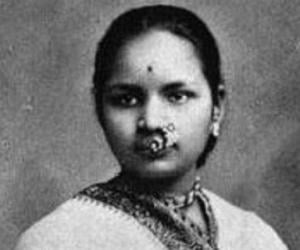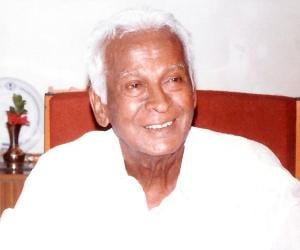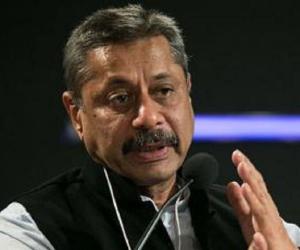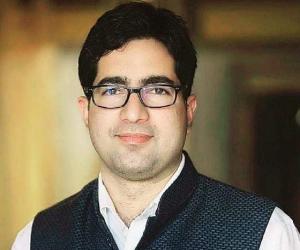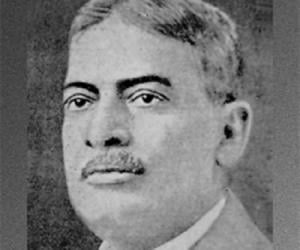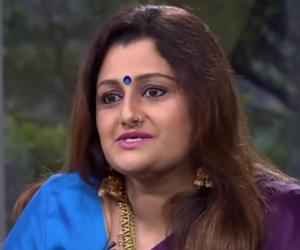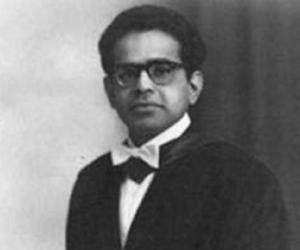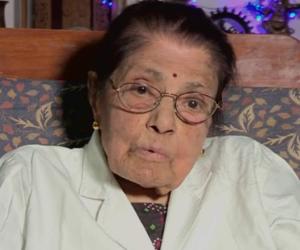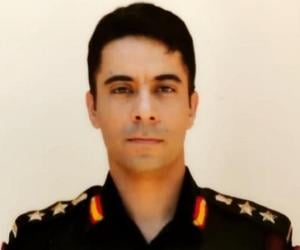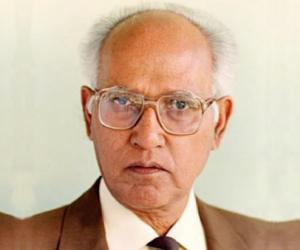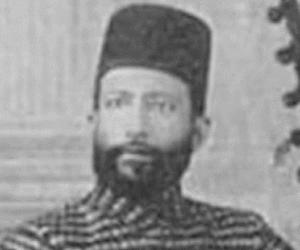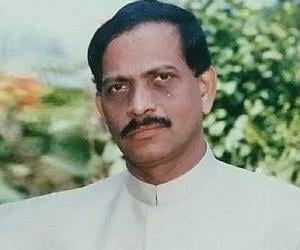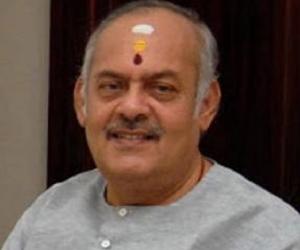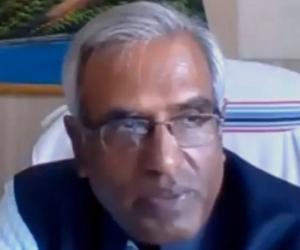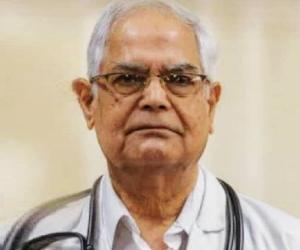1
Anandi Gopal Joshi
(First Indian Female Doctor)
Birthdate: March 31, 1865
Sun Sign: Aries
Birthplace: Kalyan, Maharashtra, India
Died: February 26, 1887
Anandibai Gopalrao Joshi was a trailblazing Indian physician who made history as the first Indian woman to earn a two-year degree in western medicine in the United States. Her pioneering achievement shattered gender barriers in the field of medicine and inspired future generations of women to pursue careers in healthcare. Anandibai's dedication to her profession and her determination to overcome societal expectations paved the way for greater gender equality in the medical profession. Her legacy continues to inspire and empower women in the field of medicine.
